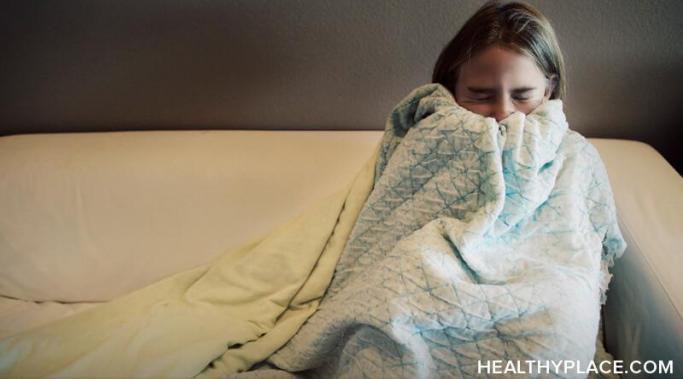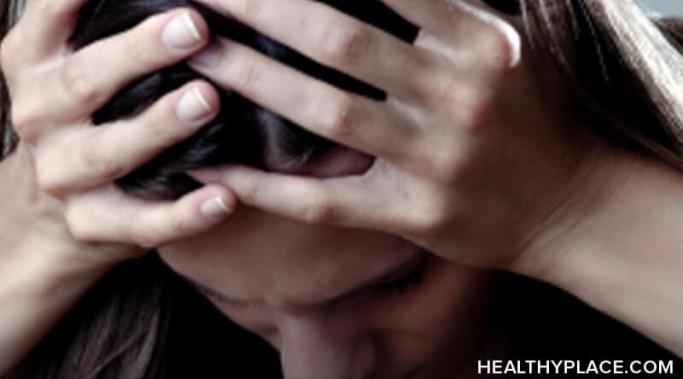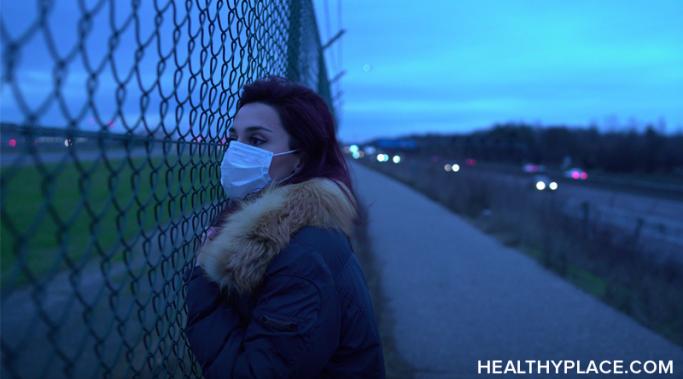If I had to wear a name badge in public each day, it would announce to everyone around me: "Hello, my name is Perfectionist." This might seem vain or self-important, but in truth, it's debilitating because perfectionism is a roadblock to eating disorder recovery. The merciless expectations of achievement, the rigorous standards of appearance, and the continuous loop of self-deprecation can form just the right conditions for an eating disorder to take root. Therefore, to heal from an eating disorder, the roadblock of perfectionism must be overcome. This is hard work—but so necessary and worthwhile.
Surviving ED
Synonymous with gorging oneself on immense quantities of food and drink, for those of us in eating disorder recovery, Thanksgiving can be a stressful time. However, you don't have to suffer. There are some simple ways you can navigate Thanksgiving in eating disorder recovery, and they all involve one key strategy.
The year 2020 has been stressful and overwhelming across the entire globe. Between the COVID-19 pandemic, the racial injustices, the political tensions, and the economic downturn, my level of anxiety builds each time I read the news or log into social media. This information overload can exhaust my mental health, but as I continuously must remind myself: stress does not justify an eating disorder relapse.
Being pregnant can be mentally and emotionally challenging enough, but being pregnant with an eating disorder is especially challenging. When I found out I was expecting my first child, I was still struggling with my eating disorder. However, I still managed to have a healthy pregnancy and child.
As a young woman, I am unfortunately no stranger to crude—and sometimes coercive—innuendos aimed in my direction. Like countless other women, I have been taught to use car keys as weapons of self-defense, and I know all the tactics designed to repel an attacker. However, not until I was sexually assaulted in 2017 did I recognize the full impact of this type of violation and the residual trauma it causes. Nor was I ready for how this would further exacerbate and complicate my eating disorder. But three years later, the truth remains: my eating disorder makes it difficult to heal from sexual assault.
Eating disorders during pregnancy are serious. When I found I was pregnant with my son over 10 years ago, I was still firmly in the grip of my eating disorder. I had what was known as eating disorder not otherwise specified (EDNOS), now referred to as other specified feeding or eating disorder (OSFED). As my doctor explained it, this is a name used to describe people who did not categorically check all the boxes of anorexia nervosa or bulimia, but still had a high-risk eating disorder.
In November of 2019, I moved to Arizona where the mountains and desert landscape are right outside my window. Before that, I lived in Florida, about 10 minutes away from the Gulf of Mexico's turquoise ocean and sugar-white sand. I always feel the most alive and at peace when I am outside, so it stands to reason, nature is my first line of defense in eating disorder recovery.
In this video blog, I'm sharing my tips for grocery shopping in eating disorder recovery. I know how stressful shopping for food can be for those of us in eating disorder recovery, particularly people in early recovery who are still trying to form healthy, nurturing relationships with food. Over the last decade, however, I've developed some strategies to make grocery shopping not only easier but even a source of joy.
While these past several months of social distancing have been necessary to help contain the global pandemic, this continued isolation can adversely impact mental health. That is true for conditions across the mental illness spectrum, but I am particularly concerned about eating disorders and suicidal thoughts in the climate of COVID-19. (Note: This post contains a trigger warning.)
The suicidal thoughts that plagued my mind in the throes of my eating disorder recovery were expected. I hated my body. I hated myself. I hated my life and the society in which I lived that kept telling me I was not enough. One thing I did not expect was to still feel suicidal thoughts during my eating disorder recovery. (Note: This post contains a trigger warning.)









